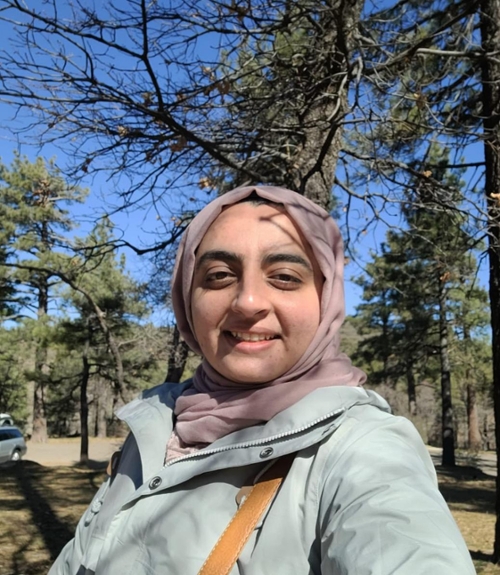UC Human Rights Fellowship Awardees
Congratulations to all our awardees!
2025: Michael Min-Torresdey
Ph.D. Anthropology, Linguistic
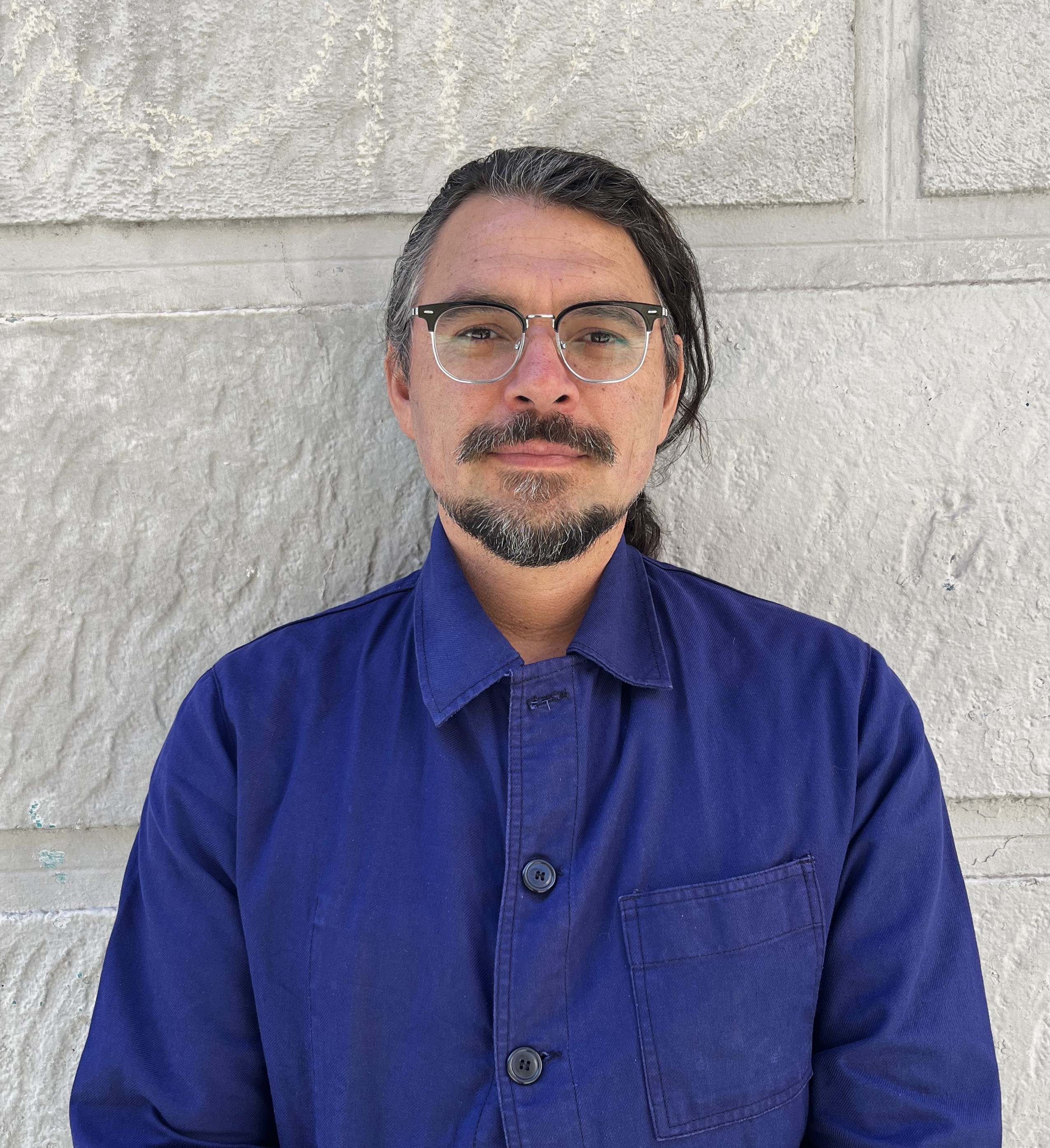
2024: Ifsha Zehra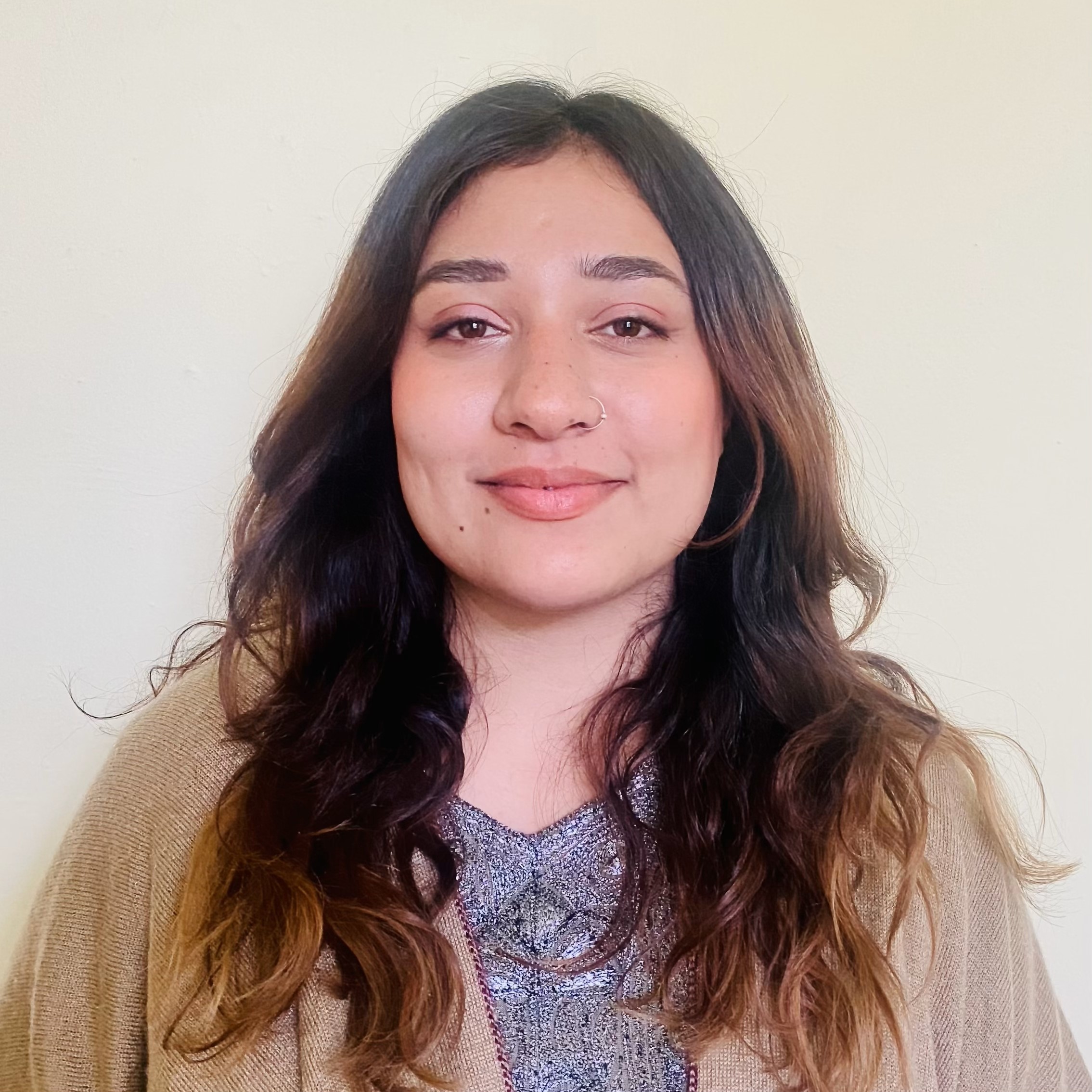
Ph.D. student
Ifsha will work with a women’s organization to research quotidian and everyday photography practices of women in Kashmir. Her research will examine how these photographs might enhance our understanding of gender, politics, and culture.
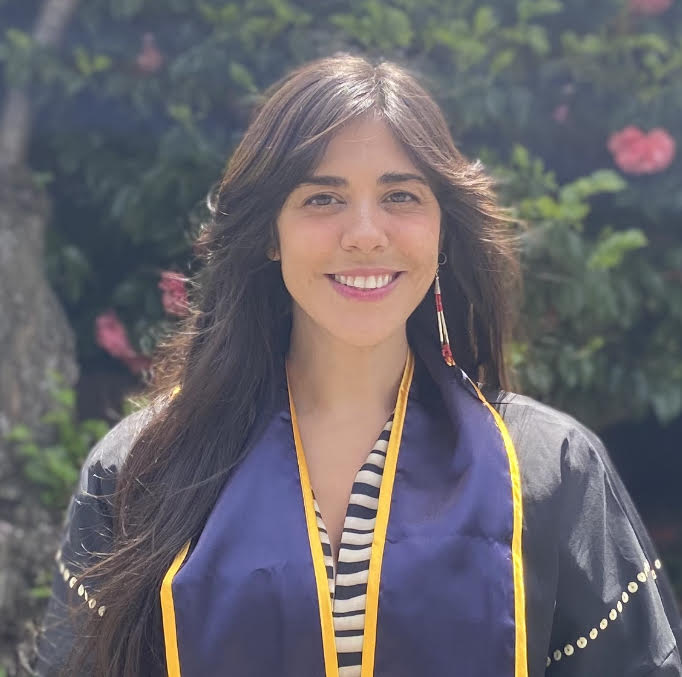 2024: Ash Cornejo
2024: Ash Cornejo
Ph.D. student in Medical Anthropology
Ash will work with Al Otro Lado, a non-profit organization representing parents who were separated from their children before and during the 2018 United States immigration enforcement policy known as “Zero Tolerance”. This enforcement policy forcibly separated families, criminalizing all migrants who crossed the border without permission, including those seeking asylum. Al Otro Lado has reunified over thirty-five deported parents with their children, and is currently working to reunify dozens more. Ash will support this critical work through the publication of a white paper documenting Al Otro Lado's reunification efforts, and will also serve as a grant writer with the organization, while conducting community engaged research for her dissertation.
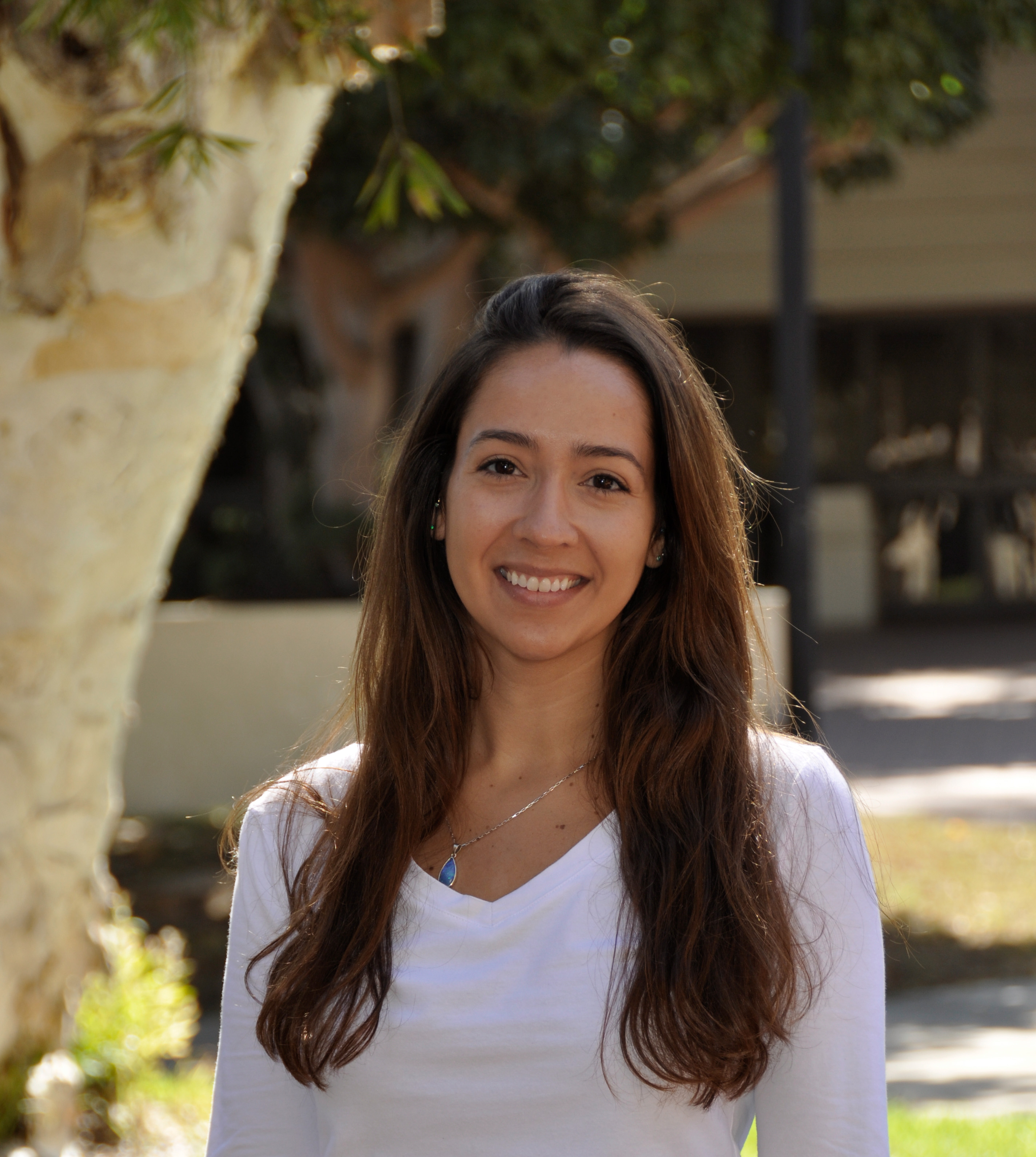
2023: Paula Santa Rosa
Ph.D. Candidate in Communication
Paula will work with the Office of the United Nations High Commissioner for Human Rights in Bolivia on a project to develop partnerships with community radio stations for human rights education. She will also help organize events with scholars, journalists, and civil society organizations to foster discussions about the state of freedom of expression and journalism in Bolivia. Paula will conduct fieldwork for her dissertation research which contributes to human rights literature by providing a historicization and conceptualization of “the right to communicate” and an analysis of its relation to community media in general, and community radio stations in Bolivia in particular.
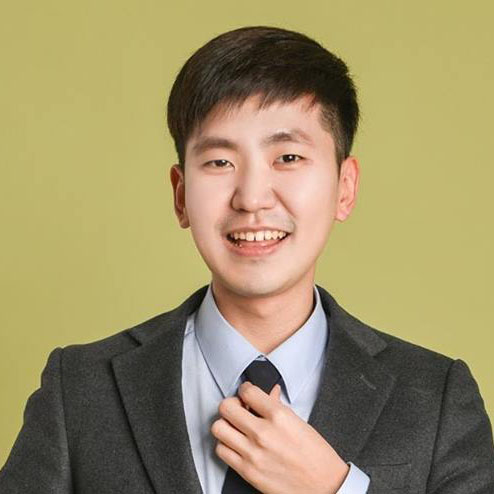 2022: Eunchong Cho
2022: Eunchong Cho
PhD student in Sociology
Eunchong is working with Minsnail Union, a housing rights organization in South Korea in order to research the growing demand for housing as a human right. The research interests of Eunchong include how local social movements use international human rights systems and ideas to demand housing as a human right, and how international human rights systems and ideas influence local perceptions of human rights. In Seoul, many young people live in substandard housing, which is exacerbated by structural laws, systems, discrimination, and economic inequalities. Since 2011, Minsnail Union has fought for young people's housing rights and demanded that housing become a basic human right. Eunchong hopes to better understand and explain housing conflicts and inequalities as well as young people's collective actions by applying a human rights lens to this project.
.
2021: Mir Fatimah Kanth
PhD student in Anthropology
Fatimah will work with a grassroots civil liberties organization in Indian administered Kashmir to research the effects of militarized humanitarian programming undertaken within the spheres of culture and education, on the Kashmiri youth. She will use mixed methods to participate in various aspects of the project, including research, advocacy, and documentation.
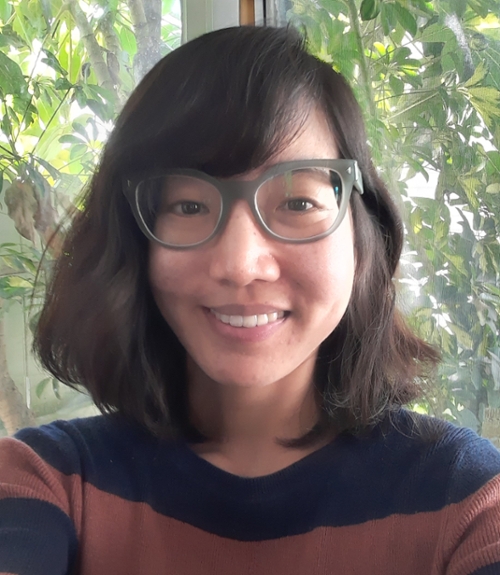 2020: Esther Choi
2020: Esther Choi
Esther will partner with New Economy Coalition (NEC) in efforts to research and map the U.S. solidarity economy, a growing network of alternative practices that reframe economic value around democratic, cooperative and public ownership and a culture of solidarity and sustainability. The goal is to understand the stages of solidarity economy development, including the different needs and challenges by region, in order to help NEC and its 210 member organizations provide tailored support. Esther will draw upon an Ethnic Studies lens to explore how the human rights framework can apprehend systemic and racialized processes of economic dispossession and support movements for collective ownership and wealth redistribution.
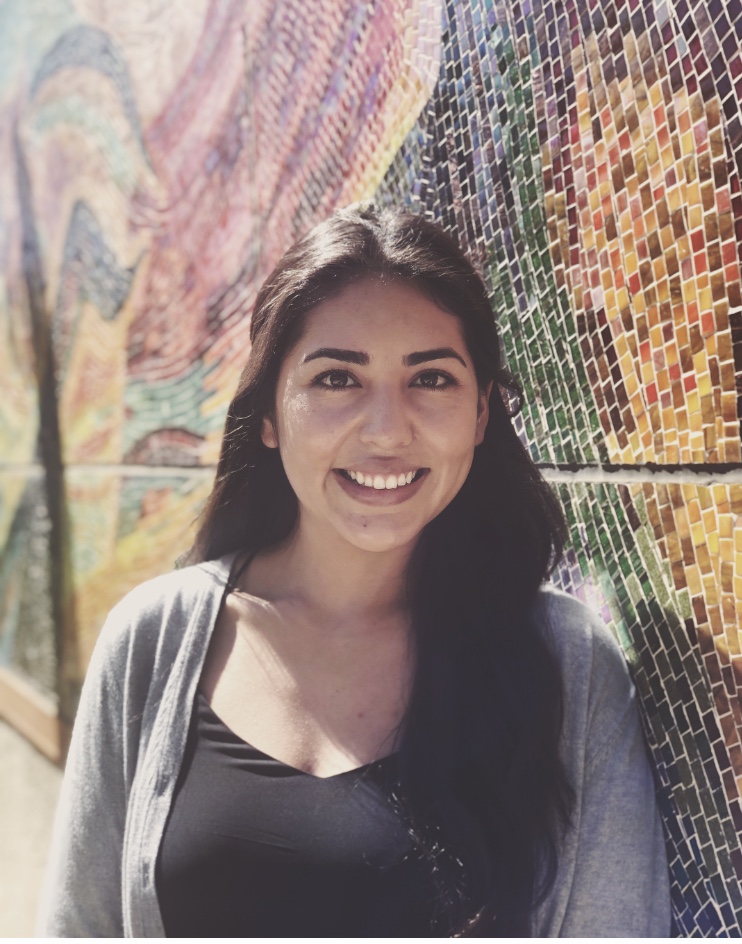 2019: Laura Santos
2019: Laura Santos
Through the “neutrality mask of the U.S. justice system, laws were created to control and continue the exploitation of communities of color. The manifestation of a neoslavery system incarcerates people of color at a higher rate, punishes survivors of domestic violence for defending themselves, and convicts people to excessive sentences. My project with California Coalition for Women Prisoners (CCWP) seeks to address the inhumane conviction of Life Without Parole (LWOP). Through the DropLWOP! Campaign led by CCWP, I will help bridge the limited access the Spanish speaking community has to the legal system by translating resources produced by CCWP. Including organizing a Town Hall meeting to inform the Latino community of the inequities of the criminal justice system. While producing these needed materials to a large incarcerated Latino population, I will be researching the impact of sexism, racism, and classism in court convictions. While working with incarcerated Latina women I read court trial transcripts that have misogyny embedded in the arguments made by lawyers and judges. Through this project and research I hope to have findings that could help push policy to end indefinite sentences and push for a system that is not based on biased court convictions.
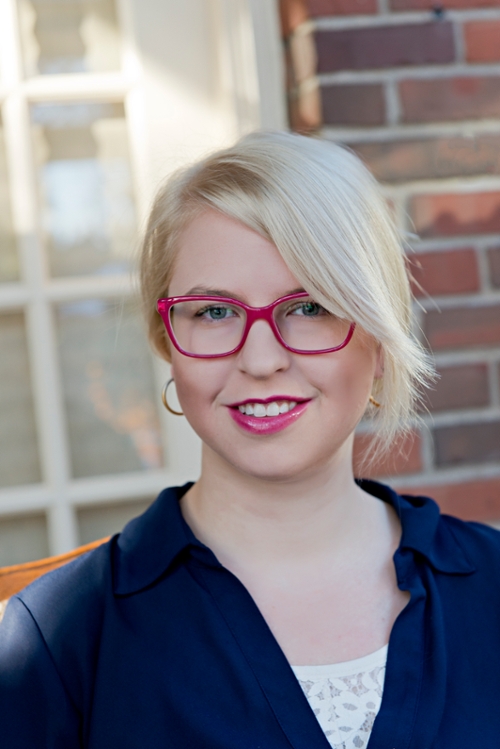 2019: Morgen Chalmiers
2019: Morgen Chalmiers
Morgen will work with the Syrian Community Network (SCN) and assist in the facilitation of SCN’s innovative programs such as Women at the Wheel, the Refugee Women’s Club, and Women’s Conversational English, which provide opportunities for women to acquire the practical skills (e.g. driving) needed to thrive in the resettlement context. Through this internship, Morgen will deepen her understanding of the larger context in which refugee women’s reproductive rights are exercised. Her research employs an intersectional, feminist approach to questions of healthcare access and seeks to bridge the typical gulf between academics, practitioners, and policy advocates.
